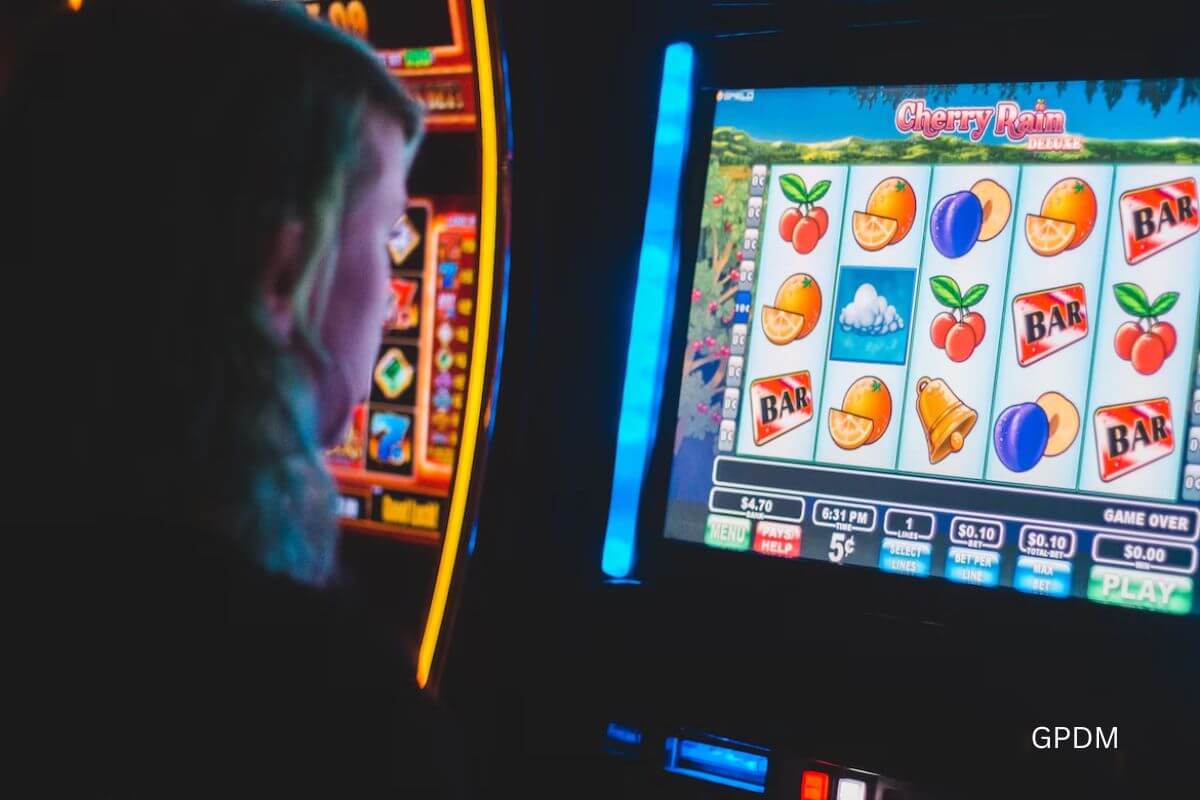Poker, a game that has captured the imaginations of millions, is not merely a game of chance but a battle of wits and strategy. From dimly lit underground poker rooms to glamorous televised tournaments, the journey from being a novice player to becoming a poker star is an enticing path for many. In this article, we will explore the exciting world of poker and provide a roadmap for aspiring players who dream of reaching the pinnacle of success. Whether you’re a casual player looking to improve your skills or an ambitious individual aiming to turn poker into a career, join us as we navigate the path from novice to pro, uncovering the secrets and strategies that can propel you to greatness in the world of poker.
Understanding the Basics
A solid foundation in the basics of poker is essential for anyone looking to make their mark in the world of real cash poker. By grasping the fundamental rules and concepts of the game, aspiring players can lay the groundwork for success and begin their journey towards becoming poker stars.
At its core, poker revolves around a simple concept: players compete to build the best hand or to convince their opponents to fold, surrendering the pot. The game is typically played with a standard 52-card deck and offers a wide variety of exciting variations, including Texas Hold’em, Omaha, and Seven-Card Stud, each with its own distinct rules and strategies.
In real cash poker, where the stakes are high and fortunes can be won or lost, understanding the basics goes beyond knowing the rules. It involves developing a deep comprehension of the intricacies of the game, such as calculating odds, managing your bankroll, and adapting to the ever-changing dynamics at the table.
One critical aspect of poker is bankroll management. Smart players understand the importance of setting limits and allocating their funds wisely to mitigate risks and ensure longevity in the game. By practising responsible bankroll management, players can navigate the highs and lows of poker without facing unnecessary financial turmoil.
Additionally, poker demands a thorough understanding of the psychology behind the game. The ability to read opponents, interpret their body language, and decipher their betting patterns can provide invaluable insights into their hand strength and intentions. Developing this skill can give players a significant advantage, allowing them to make well-informed decisions and seize opportunities to maximize their winnings.
As you embark on your journey from novice to pro in the realm of poker, it is crucial to invest time and effort into honing your understanding of the game’s fundamentals. Dedicate yourself to learning the rules of various poker variations, delve into the intricacies of bankroll management, and study the art of reading opponents. Only with a solid grasp of the basics can you begin to navigate the complex and thrilling world of real cash poker, inching closer to your dreams of becoming a true poker star.
Developing Essential Skills
To ascend from being a novice player to a true poker star, it is essential to develop a set of skills that will set you apart from the competition. Poker is not just a game of luck; it requires a combination of analytical thinking, emotional control, and the ability to read opponents. By honing these essential skills, you can gain a competitive edge and increase your chances of success in the poker arena.
- Analytical thinking: At its core, poker is a game of strategy and decision-making. Developing analytical thinking skills allows you to evaluate the information available, analyze probabilities, and make well-informed choices. Understanding hand rankings, calculating odds, and assessing the potential value of your cards and the community cards on the table are crucial aspects of analytical thinking in poker. By mastering these skills, you can make strategic decisions that maximize your chances of winning.
- Emotional control: Poker is a game that can evoke intense emotions, from the excitement of winning a big pot to the frustration of suffering a bad beat. Maintaining emotional control is vital to long-term success. Emotions can cloud your judgment and lead to poor decision-making. By staying calm, composed, and focused, you can make rational choices based on logic and analysis, rather than being swayed by temporary emotions. Practice self-awareness and develop techniques to manage stress and emotions during gameplay.
- Reading opponents: One of the most valuable skills in poker is the ability to read your opponents. Observing their behaviour, body language, and betting patterns can provide insights into the strength of their hand and their overall playing style. Look for patterns and tendencies that can inform your decisions and help you predict their actions. Understanding when opponents are bluffing, nervous, or confident can give you a significant advantage at the table.
To develop these essential skills, it is crucial to dedicate time and effort to study and practice. Analyze past hands, review poker literature, and explore online resources that offer insights into advanced strategies. Additionally, consider joining a poker community or forum, where you can learn from experienced players, discuss strategies, and gain valuable insights.
Remember, becoming a poker star is a journey that requires continuous learning and improvement. Develop your analytical thinking, cultivate emotional control, and sharpen your ability to read opponents. By honing these essential skills, you can elevate your game and edge closer to your goal of becoming a true poker professional.
Transitioning to the Professional Level
Transitioning from an amateur player to a professional in the world of poker requires dedication, commitment, and a strategic approach. As you strive to reach the pinnacle of success and make a name for yourself, there are several key steps to consider when transitioning to the professional level of online casino games real money.
Becoming a professional poker player is not a journey to be taken lightly. It requires a deep understanding of the game, advanced strategies, and continuous learning. To embark on this path, you must invest time and effort in studying the intricacies of poker. Dive into books, online courses, and tutorial videos that offer insights into advanced strategies and techniques. Analyze hand histories, review the play of top professionals, and participate in regular practice sessions to apply what you’ve learned and gain practical experience in different game scenarios.
In addition to personal study and practice, joining a poker community can be immensely beneficial. Surrounding yourself with like-minded individuals who share your passion for poker can provide valuable opportunities for growth. Engage with other players by joining online forums, attending live poker events, and participating in discussions. Interacting with experienced players exposes you to different perspectives, strategies, and insights that can accelerate your development as a player. Networking within the poker community can also open doors to new opportunities, such as sponsorship deals or invitations to exclusive tournaments.
Building a positive reputation is paramount in the poker world. Consistently achieving notable results in both online and live tournaments demonstrates your skills and dedication. Act with integrity and sportsmanship, treating fellow players with respect and professionalism. Developing a reputation as a skilled and honourable player can earn you respect from peers, attract potential sponsors, and increase your visibility within the poker community.
As you transition to the professional level, it’s worth considering online casino games real money as a platform for growth and exposure. Online poker platforms offer convenient access to a wide range of opponents from around the world. Engaging in real money games can sharpen your skills, provide opportunities to build a bankroll, and expose you to different playing styles. However, it’s important to approach online casino games with caution. Research and select reputable, secure, and regulated platforms. Understand the rules and regulations governing online poker in your jurisdiction to ensure compliance. Practice disciplined bankroll management to safeguard your funds and mitigate the risks associated with excessive gambling.
Conclusion
The journey from being a novice poker player to becoming a true professional is an exhilarating and challenging endeavor. It requires a combination of dedication, continuous learning, and honing essential skills. By understanding the basics, developing analytical thinking, emotional control, and the ability to read opponents, aspiring players can set themselves on the path to success. Transitioning to the professional level involves studying, practising, joining a poker community, and building a positive reputation. Exploring online casino games with real money can provide opportunities for growth and exposure, but caution is advised. Embrace the journey with determination and a passion for the game, knowing that the pursuit of becoming a poker star can lead to a fulfilling and rewarding career.




























